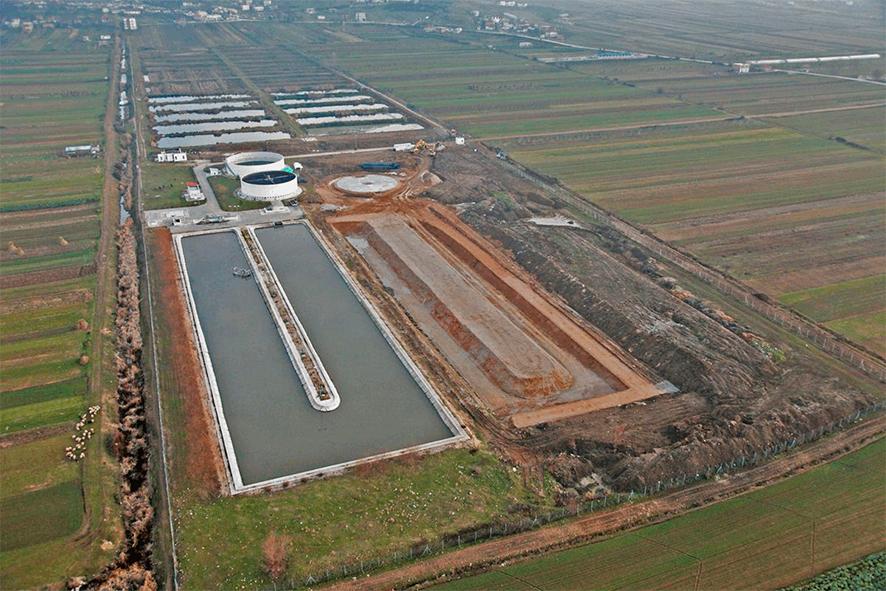Wastewater treatment impact on water quality - a case study
DOI:
https://doi.org/10.13133/2239-1002/17848Abstract
The untreated wastewater implies a tough challenge nowadays due to sewage disposal and consequently to environmental considerations. Depending on the types of waste and amount of waste generated, industrial wastewater treatment plants are designed to tackle huge amounts of wastewater using innovative technology and to meet environmental requirements after treatment.
The purpose of this paper is to evaluate the environmental impact of wastewater treatment plants in Pogradec using the alternative method of global pollution index. Therefore, during a two-year monitoring period, chemical oxygen demand (COD), biochemical oxygen demand (BOD5), ammonia nitrogen (N-NH4) and total phosphorus (TP) have been measured in water samples taken before and after wastewater treatment. The results are then compared with the standard values for the urban waters defined by the European Directive 91/271/EEC on urban wastewater treatment, and based on them the treatment efficiency of wastewater treatment plant is calculated. Global pollution index is an indicator used to estimate the efficiency of the wastewater treatment plant taken in consideration.
The data show that the enhanced wastewater treatment efficiency has an immediate positive impact not only on the environmental protection of Ohrid Lake, but also on the improved life quality of the residents and thus enhancing tourism attraction in the area.

Downloads
Published
Issue
Section
License
Copyright (c) 2023 Periodico di Mineralogia

This work is licensed under a Creative Commons Attribution 4.0 International License.

